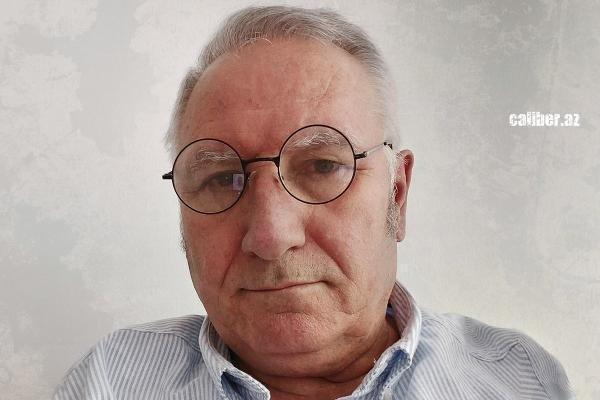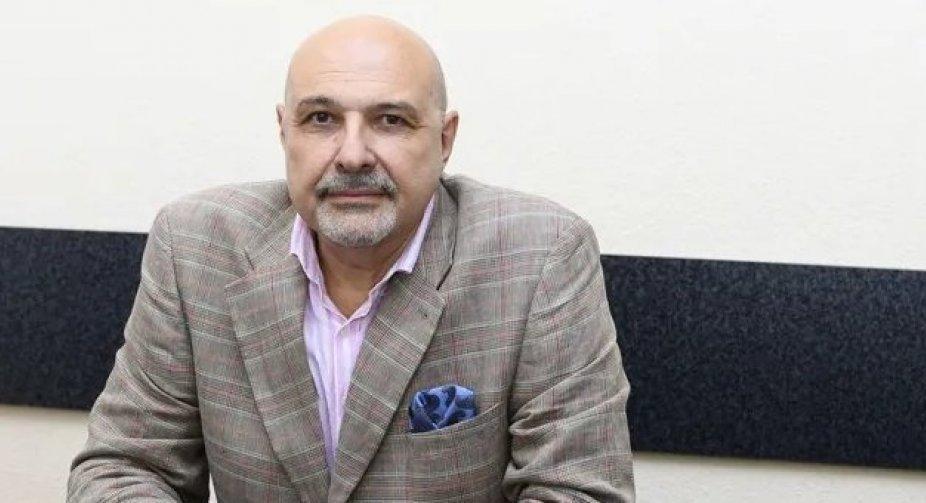Clear strategy, vague prospects for Türkiye’s EU membership Experts' opinions on Caliber.Az
Turkish Foreign Minister Hakan Fidan has said that Türkiye's strategic vision of becoming an EU member remains valid, but there is no visible political will of the EU to conduct such a dialogue.
“Türkiye continues to see its future in Europe. As our president previously confirmed, Ankara's strategic vision for joining the EU has not changed,” he said, TASS reports.
“It may be easier for us to develop relations with some EU member states, but the development of relations with the EU is associated with the adoption of consensus decisions. This is not always in our favour. The political will of the key EU member-states is required to conduct the negotiation process. It was in 2004 and 2005, but then it was eroded, giving way to a different political position towards Türkiye,” Fidan added.
The minister reminded that unresolved issues remain on the agenda of the negotiation process with Brussels, in particular, the expansion of the customs union, trade relations, visa liberalisation, and migration policy.
“We should actively work with the EU on these topics, but, unfortunately, in current conditions we are unable to work through these issues with the EU the way we would like,” Fidan added.
Fidan noted that Ankara is still waiting for the EU to once again have the will to negotiate membership. The persistence with which the Turkish government continues to raise this topic is thought-provoking.
Does Türkiye really have a strategic vision to become an EU member, despite all past and current obstacles? Why does not Europe want to meet this desire? Is there any other reason?
Well-known foreign experts answered Caliber.Az journalist’s questions.

Turkish analyst, Doctor of Political Sciences, Professor Haydar Cakmak reminded that the European Economic Community was founded in 1957, while Türkiye applied for membership in 1959.
“Normal rules were applied to Türkiye during the Cold War, it was not discriminated. However, the relations between the EU and Türkiye were frozen because the military coup of 1960, the military intervention of 1971 and the military coup of 1980 did not meet the standards of democracy,” the professor said.
“Türkiye has failed to use its 65-year relationship properly. The EU did not really want to accept Türkiye. Türkiye’s economic, social, democratic and legal systems during that period did not correspond to the European standards, and it took advantage of this situation,” he noted.
He stressed that the EU adheres to a certain policy towards Türkiye, according to which it should not be part of it, but it should not be too far away.
“Türkiye’s population is 85 million people, which means that it has great consumer and purchasing power, that is, it is a good commercial platform. Moreover, it has a strong army, which is a powerful shield for European security. That is, the EU wants to keep Türkiye on its side, without admitting it as a member,” Cakmak added.
The professor noted that that the EU is losing its importance after the UK leaves it.
“The EU lost prestige and influence as a result of the deterioration of relations between Germany and France, which govern and keep the EU, as well as the problems faced by many other influential EU member states,” he said.
“The EU has failed to create its own army to ensure its security. There is still dependence on the US and NATO. Presently, the EU is resolving its internal problems, and the issue of Türkiye’s membership is not on its agenda,” Cakmak said.

Georgian diplomat and analyst Mamuka Gamkrelidze said that there is a double-edged process.
“Despite Türkiye was one of the initiators of the creation of the Council of Europe in 1949, an associated member of the predecessors of the EU since 1963 and a candidate member of the EU since 1999, unfortunately, the issue of its full membership in the EU is not on the agenda yet,” he said.
“There are obstacles from the EU, but there are also obstacles in the readiness of Türkiye and its legislation for the EU membership. I think the Cyprus problem also has additional complications,” he noted.
“Both sides have already had cool relations over the issue of full membership. Fidan's words can also be understood in two ways. There is a desire for unification, but there is no agreement on fundamental issues. Apparently, this will last until the sides have the political will to change the status quo,” Gamkrelidze added.








